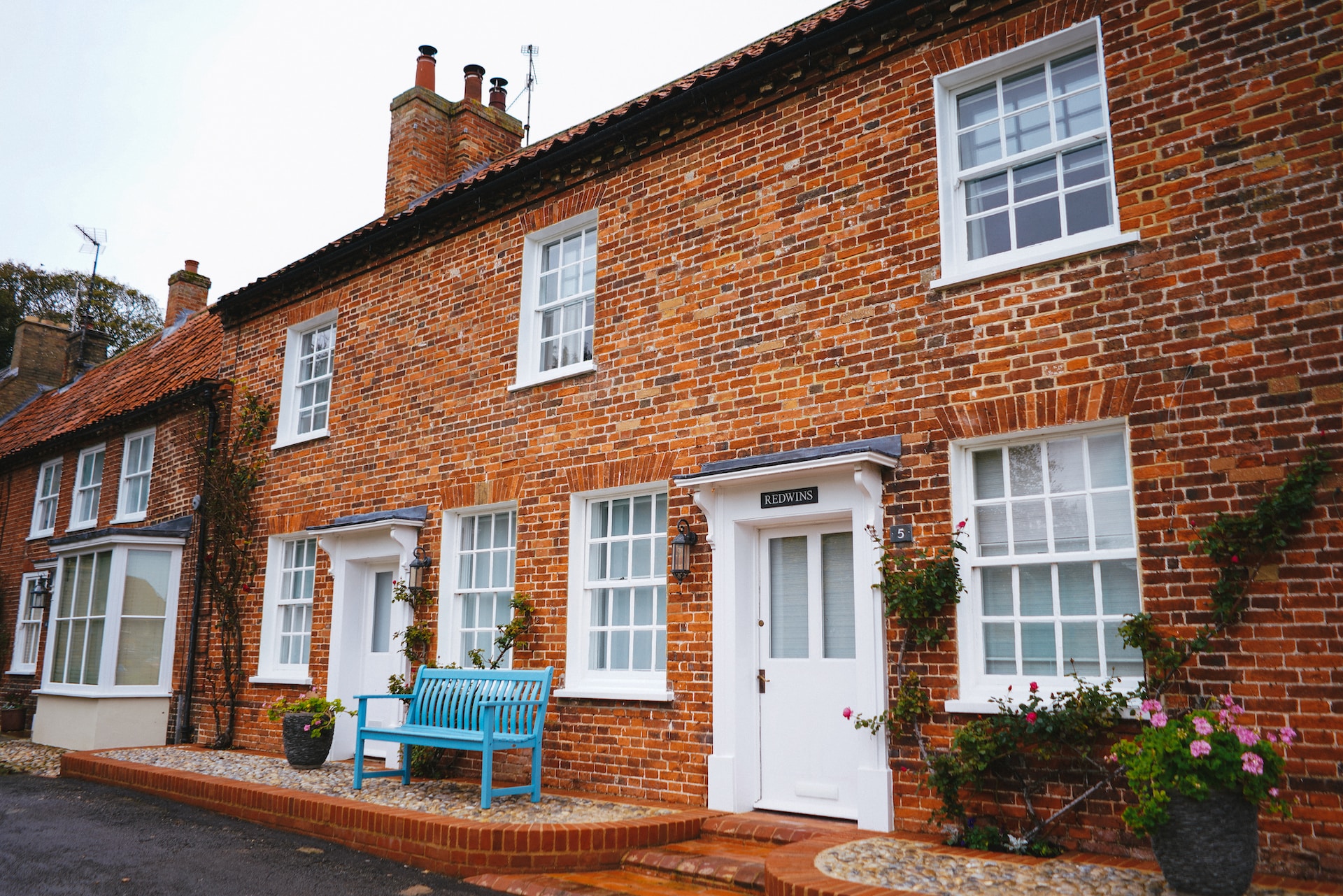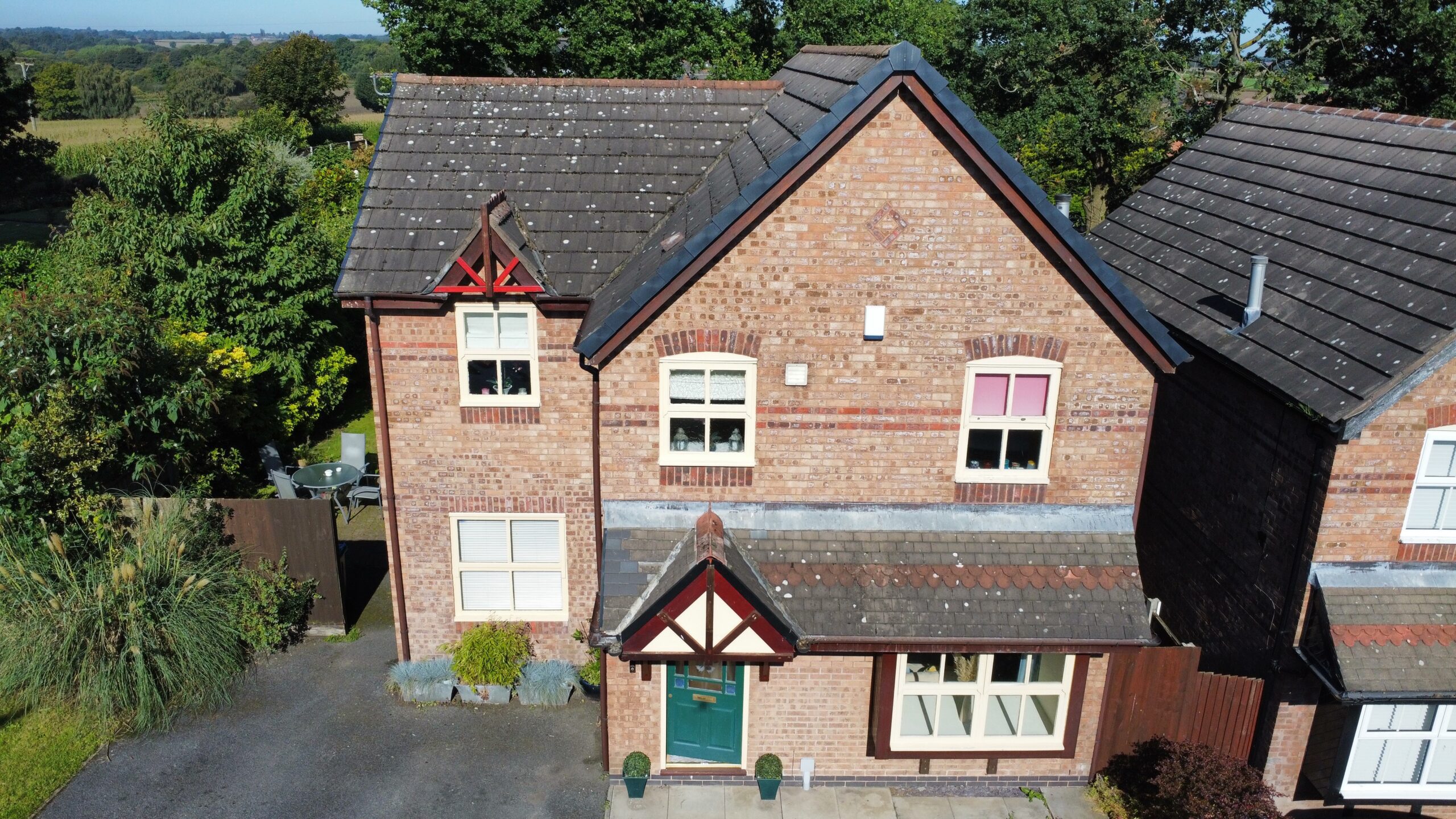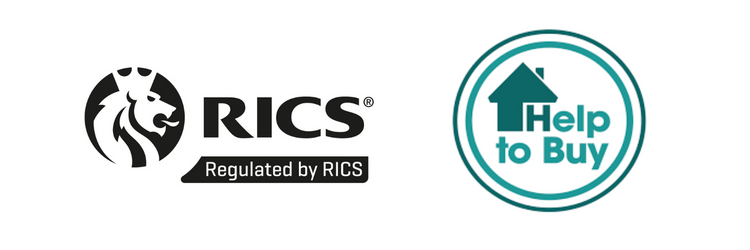When you’re buying a property, having a mortgage valuation is a necessary step in securing your financing, but it’s not a comprehensive check on the condition of the property. A mortgage valuation is primarily for the lender’s benefit to ensure the property is worth the loan amount and it meets their lending requirements. It doesn’t give you a detailed account of structural issues or repairs that might be needed, which could affect your decision to purchase or the price you’re willing to pay.
A house survey, on the other hand, is all about giving you peace of mind. It’s a more thorough examination of the property’s condition and can highlight potential problems that you might not notice yourself. Whether it’s a HomeBuyer Report or a more comprehensive Building Survey, each type of survey has its own scope and details, allowing you to choose how deep you want to go into the investigation of your future home.
Opting for a house survey can be a wise decision, as it could save you from unforeseen costs down the line. It’s important to weigh the cost of the survey against the potential risks of skipping it and finding issues after you’ve already committed to the purchase. Making an informed decision on whether or not you need a house survey depends on the type of property, its age, and your plans for it.
How to Understand House Surveys
When securing a mortgage, it’s essential for you to know the condition and value of the property you’re interested in purchasing. A house survey provides this critical information.
Purpose of a House Survey
A house survey is designed to give you a comprehensive overview of the property’s state of repair. Its primary aim is to identify any structural problems or repairs that might be necessary. Consider it a health check for the house.
- Identify potential issues: Hidden problems like damp.
- Future costs: Possible repair work needed in the short or long term.
- Negotiation leeway: Information that might affect your offer or decision to buy.
Types of House Surveys
There are several levels of house surveys that you can choose from, depending on the depth of analysis you require:
- Condition Report (Level One): The most basic survey that gives an overview without detailed advice. Suitable for modern homes in good condition.
- Simple traffic light ratings
- Identifies urgent defects
- HomeBuyer Report (Level Two): A more detailed survey, including all the features of the Condition Report, with the option to include a valuation. Ideal for properties in reasonable condition.
- Reveals issues that may affect the property’s value
- Provides advice on repairs and maintenance
- Survey Hut’s Level 2 PLUS House Survey uses a drone to check your roof, and a thermal imaging camera to check for damp
- Building Survey (Level Three): The most comprehensive survey for any property, especially recommended for older or non-standard homes.
- Provides a detailed picture of complex, older properties, or those with multiple extensions
- Survey Hut’s Level 3 MAX House Survey also checks the condition of services, such as hot water, gas and heating
| Advantages | Details Provided |
| Thorough examination of the property | Inspection of visible and accessible areas |
| Detailed report on a variety of issues | Technical information on construction |
| Professional advice on repairs | Issues that may impact legality or safety |
Comparing Mortgage Valuation and House Surveys
When you buy a home, understanding how a mortgage valuation differs from a comprehensive house survey is crucial to your purchase process.
What is a Mortgage Valuation?
A mortgage valuation is for your lender’s benefit to confirm the property’s worth is adequate for the loan amount you’re borrowing and meets their lending requirements. This process is a basic check to ensure the house isn’t significantly over or underpriced. It doesn’t detail the condition of the property and isn’t a thorough survey.
Differences Between Valuations and Surveys
- Purpose: The mortgage valuation is for the mortgage lender ensuring the property’s value covers the mortgage and meets the lenders requirements whereas a house survey is for you and aims to provide you, the buyer, with a detailed report on the property’s condition.
- Depth of Inspection: Mortgage valuations conduct a surface-level review, while house surveys can be in-depth examinations of the property’s structure and state, identifying potential issues.
- Cost: Valuations are generally cheaper, often included in the mortgage deal, while surveys can be more expensive, reflecting their comprehensive and detailed nature.
- Report Detail: Valuation reports are succinct and you’re unlikely to get a copy from the mortgage lender survey reports are elaborate, highlighting defects and advising on repairs.
- Types of Surveys: You can choose from several types of surveys, including HomeBuyer Reports and Building Surveys, each offering varying levels of detail.
The valuation simply ensures your potential home is worth the price tag in relation to the mortgage, while a house survey tells you about the condition of the property, what repairs might be needed, and can help in negotiating the final price.
Deciding on a House Survey
When you’re purchasing a home, understanding the difference between a mortgage valuation and a house survey can save you from future troubles and unexpected costs.
Benefits of a House Survey
A house survey can yield crucial insights into the property you’re considering to buy. It goes beyond a lender’s valuation to assess the condition of the house, highlighting any repair needs and structural issues. This comprehensive check helps you:
- Avoid unexpected repair costs by revealing issues you may not notice during a viewing. For example, problems with the roof or damp issues could be costly.
- Negotiate a better price if there are identified issues that will require investment on your part.
When to Consider a House Survey
You should consider a house survey:
- Before buying: To get a detailed report on the property’s condition.
- If the house is old: Older properties can have more issues due to age and lack of modern building regulations.
- For peace of mind: To confirm there are no hidden defects that could cause you headaches down the line.
How Can a House Survey Help?
When you’re purchasing a property, a house survey is a critical step to ensure you’re making a sound investment. Unlike a mortgage valuation, which only provides a lender with a valuation for loan purposes, a house survey can give you a detailed understanding of the property’s condition.
Identifying Potential Issues
- Structural Concerns: A survey can pinpoint any significant structural problems such as wall cracks.
- Repair Costs: You’ll understand the extent of repairs needed, which can impact your budget or decisions.
Negotiation Leverage
- Price Negotiation: Discovering issues may give you leverage to negotiate the price or request repairs before purchase.
- Informed Decisions: Knowing the property’s condition helps you decide whether to proceed with the purchase or look elsewhere.
Future Planning
- With insight into the condition of the property, you can plan for future maintenance and budget accordingly.
By investing in a house survey, you’re guarding yourself against unexpected expenses and gaining peace of mind in your property purchase.
Remember, a mortgage valuation is for your lender, but a house survey is for you – to protect your interests in what is likely one of the biggest investments of your life.Get in touch with Survey Hut today for a comprehensive Home Survey. We are held to the highest professional standards by the RICS, so you know that you’ll get a high-quality report. Make sure your perfect home, is perfect.
Sharing is caring!




